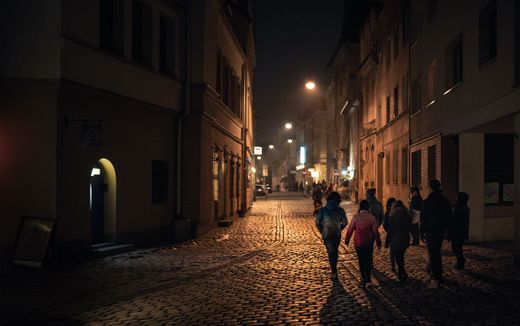The father of Marc Deroeux liberated a concentration camp, but the horrors are forgotten
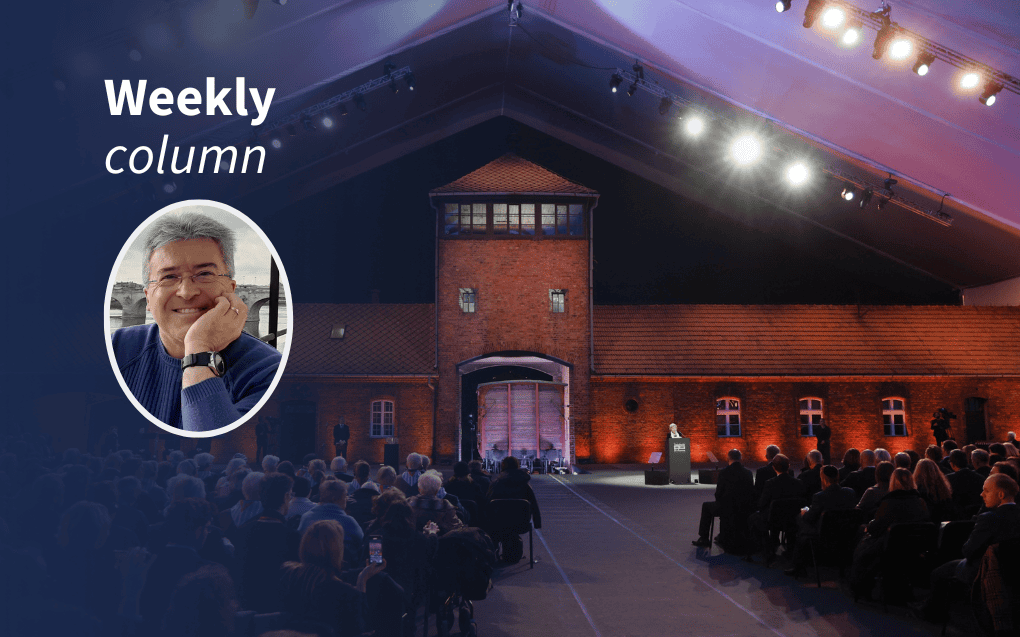
Photo Canva.com, AFP, Ludovic Marin
Christian Life
This week, it was 80 years ago that Auschwitz-Birkenau was liberated from the Nazis. This concentration camp scarred the lives of an uncountable number of people. But now, people are forgetting about it.
The recent commemorations of the 80th anniversary of the liberation of the concentration camp Auschwitz-Birkenau powerfully remind us of the horror and cruelty that can emerge from hatred and indifference. This liberation remains a moment of reflection to honour the memory of the victims of the Shoah.
On January 27, a solemn ceremony was held in Nîmes (France) at 3 p.m., the official time of the camp’s liberation. This tribute, in front of the Resistance and Deportation Memorial, reaffirms the importance of the duty of remembrance.
As Piotr Cywinski, director of the Auschwitz-Birkenau Museum, aptly stated: “History is the knowledge of facts, but what we desperately need today is memory, which is the awareness of these facts.” This quote perfectly encapsulates the goal of these commemorations: to honour the survivors and ensure that their testimony continues to inspire future generations.
Father
Eighty years after the arrival of Soviet troops in Poland, a poignant gathering took place at the entrance to the Birkenau extermination camp. About fifty survivors were present, raising their voices among an assembly of heads of state, parliamentarians, religious figures, and academics. Their presence is a stark reminder that remembering Nazi atrocities is a crucial necessity to prevent such horrors from ever happening again.
Auschwitz-Birkenau was not just another concentration camp; it was one of the largest extermination centres established by the Nazi regime. More than a million Jews and nearly 20,000 Roma were massacred there.
When Allied forces liberated these camps, they were met with shock and horror as they discovered emaciated bodies and mass graves that defied imagination. The personal testimony of my father illustrates the brutal reality of that time. Enlisted at 19 as a paratrooper commando in the French army, he participated in the liberation of Germany and was forever marked by the sight of concentration camps, notably Dachau.
When he spoke of these memories, it was with tears in his eyes, revealing the extent of the trauma he had experienced. He recounted the despair felt upon seeing surviving deportees wandering the camp, too weak to comprehend what was happening. The intervention of the Red Cross, which had to curb the soldiers’ eagerness to share their meagre rations with the survivors, reminds us that their exhausted bodies could not withstand a sudden influx of food.
Ignorance
These testimonies passed down from generation to generation, must continue to be shared so that history is not forgotten.
However, a recent survey conducted by the Conference on Jewish Material Claims Against Germany reveals an alarming trend when it comes to knowledge about the Shoah.
In France, 22 per cent of respondents had never heard of the terms “Holocaust” or “Shoah,” a percentage that rises to 46 per cent among young people aged 18 to 29. In comparison, in other countries such as Germany, Poland, or the United Kingdom, only 2 per cent to 6 per cent of those surveyed were unaware of these events.
In the face of this growing ignorance, the transmission of knowledge becomes an urgent priority. Education plays a fundamental role in this process, and the duty of remembrance must be at the core of historical teachings. This fight against oblivion is not only the responsibility of public institutions but also of families, associations, and religious communities.
Protestants
Although a minority in France, Protestants played a significant role in protecting Jews during World War II. It is estimated that about 10 per cent of the French Righteous Among the Nations —an honorary title given to those who saved Jews from deportation— were Protestants. This historical specificity highlights the commitment of certain Reformed churches against anti-Semitism and the persecution of the Vichy regime.
These churches not only saved lives but also engaged in decades of reflection on the relationship between Christianity and Judaism. The memory of these actions serves as a constant call for vigilance against the resurgence of hatred and intolerance.
Collective duty
The duty of remembrance is not limited to official commemorations. It is a daily commitment to preserving and transmitting history to prevent the repetition of past mistakes. In the face of rising hate speech and Holocaust denial, it is crucial to remember that memory is a weapon against oblivion and indifference.
To remember, to teach, to testify: this is our duty to present and future generations. History has taught us that silence and forgetfulness are accomplices to injustice. Let us ensure that the voices of the victims and survivors continue to resonate so that such atrocities never happen again.
Related Articles


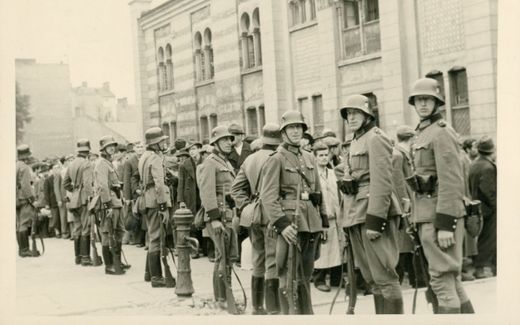
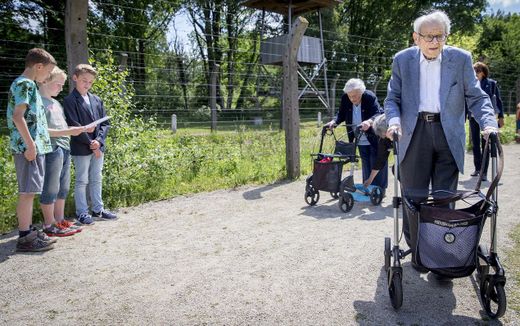
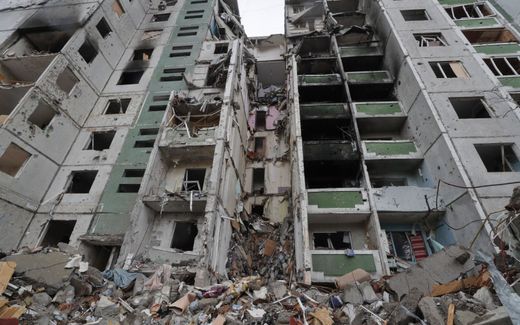
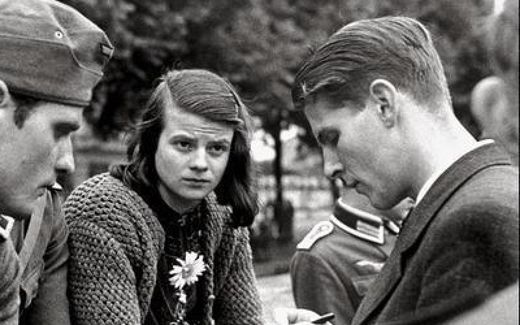
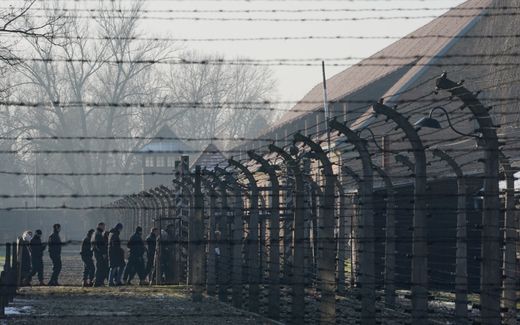

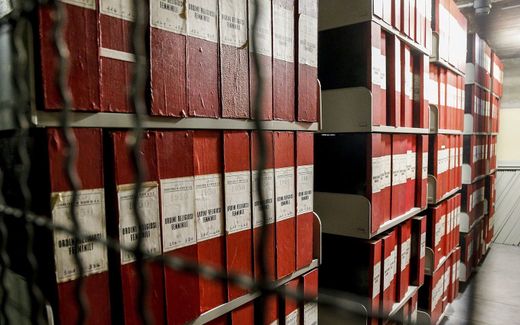
![During a state of emergency in Trøndelag from 6 October 1942, all male Jews were arrested by the Norwegian order police. They were interned in SS-Strafgefangenenlager Falstad outside Levanger . [106]](https://images.cne.news/fill/crop:1992:1245:sm/w:520/plain/s3%3A%2F%2Fcne-prod-s3-001%2FFalstad_1945_6260599608_8b75464012.jpg)
